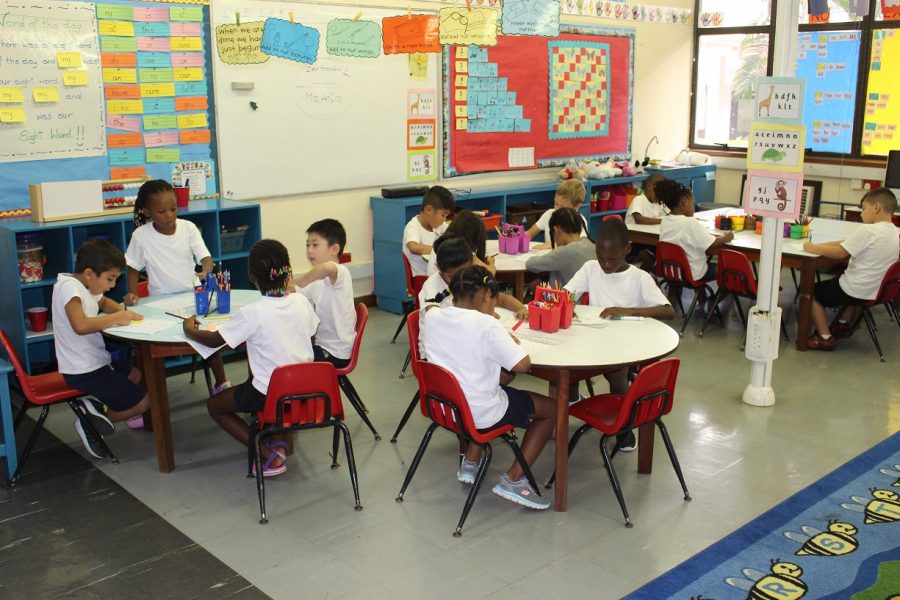The world bank has stated that Nigerian Private schools consistently performed better than public schools across all indicators.
This was disclosed in a recently released World Bank report titled “Education and Health Services in Nigeria”.
This study presents an assessment of the state of service delivery in the education sector in selected states in Nigeria. It is based on a survey of 760 primary schools in Anambra, Bauchi, Ekiti, and Niger States.
What the report is saying?
The report said, “Private schools consistently performed better than public schools across all indicators. A notable distinction was in their management of human resources. Absence from school in public schools was more than double the absence rate among private school teachers: 16 versus 6 percent.”
According to the survey, private school teachers were also more likely to be in class and, as a result, spent more time in class on instructional activities than public school teachers.
Additionally, private schools have a longer scheduled teaching time per day than public schools. The report said “on a typical day, pupils in private schools learned 1 hour 10 minutes more than pupils in public schools. Over a period of a school term, this translates to 22 additional days of learning in a private school compared to public schools.”
Private schools performed better than public schools in terms of input availability and competency, they nevertheless performed poorly generally. The report said,“Availability of infrastructure was three times higher in private schools. Still, only 35 percent of private schools had the minimum combination of infrastructure. The same applied to teacher competency, where the average assessment score was 11 percentage points higher in private schools, yet it was only a disappointing 42 percent.”
According to the report availability of teaching equipment, which averaged 66 percent in private schools compared to 45 percent in public schools, was the only case where private schools and public schools were relatively marginally satisfactory in absolute terms.
The world bank stated that the major issue of inputs availability and low teacher competency in primary education cut across public and private schools. The report said “Both public and private schools performed equally well on the pupil-teacher ratio. These results suggest that major issues affecting the quality of primary education in these states (i.e. inputs availability and low teacher competency) cut across both the private and public sectors, although private schools did seem to be able to elicit greater effort on the part of teachers.”
In case you missed
Nairametrics reported that the Academic Staff Union of University (ASUU) has suspended its 8-month-old industrial action conditionally.
























